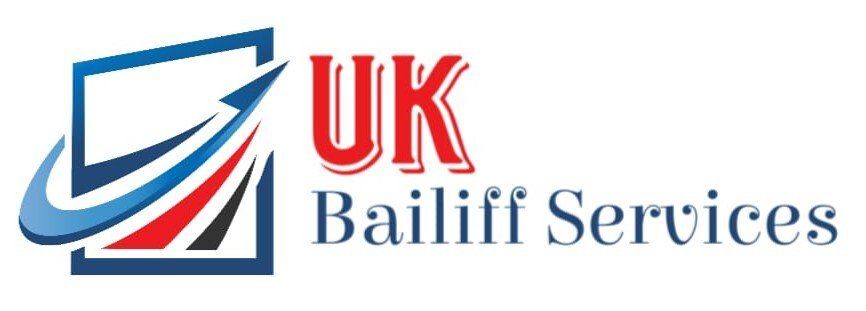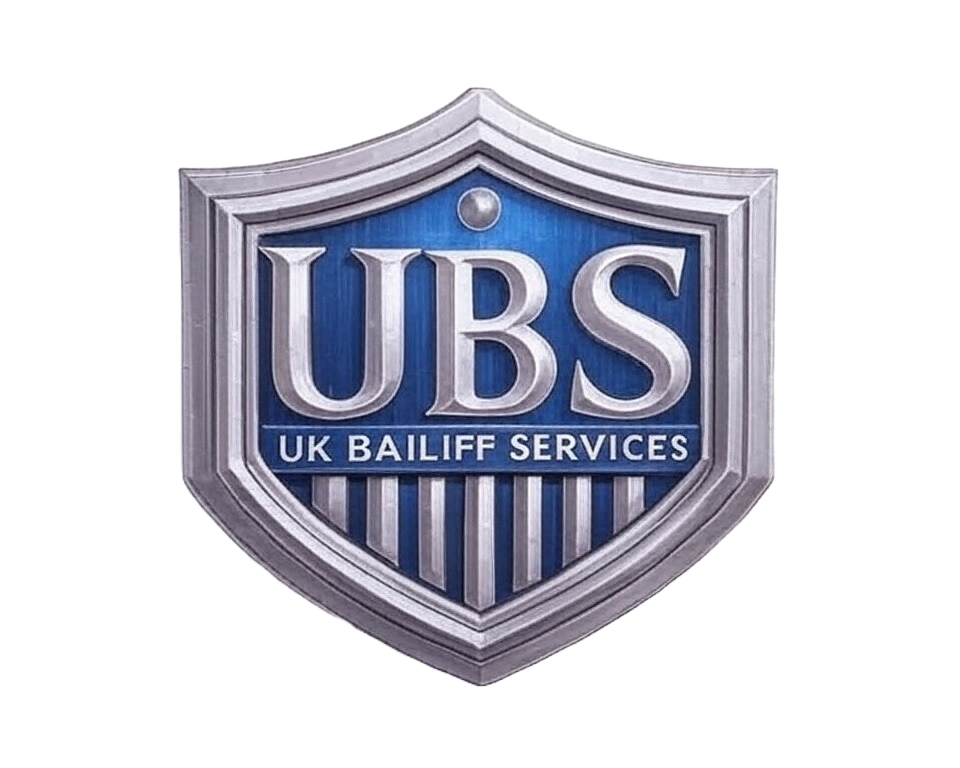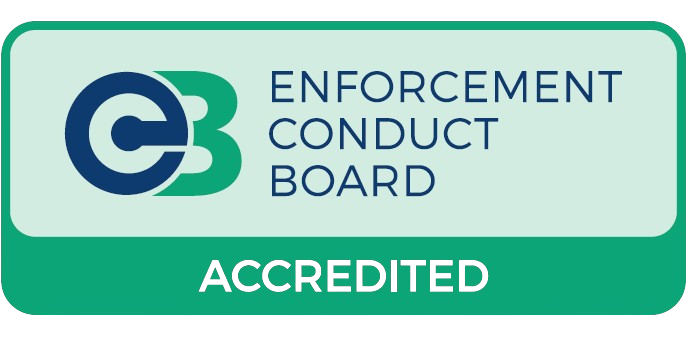Dealing with Unpaid Commercial Rent in Scotland
When a tenant fails to pay rent under a Scottish commercial lease, the landlord must follow a formal legal process. The Law Reform (Miscellaneous Provisions) (Scotland) Act 1985 governs termination through irritancy, while recovery of rent arrears can also proceed through the civil courts.
Information accurate as of November 2025. The law remains unchanged following the withdrawal of the Leases (Automatic Continuation etc.) (Scotland) Bill on 10 September 2025.
Speak to Our Scottish Team
Legal Framework for Rent Recovery in Scotland
Unlike in England and Wales, there is no Commercial Rent Arrears Recovery (CRAR) system in Scotland. Landlords must instead rely on contractual lease remedies and statutory procedures under Scottish law, including:
- Issuing a Pre-Irritancy Notice under Section 4 of the 1985 Act (minimum 14 days to pay).
- Raising Court Proceedings to recover arrears if payment remains outstanding.
- Seeking a Decree for Payment and, if necessary, a Decree of Removing to recover possession.
- Engaging Sheriff Officers to enforce decrees through arrestment or attachment of assets.
Step-by-Step: Recovering Rent Arrears in Scotland
- Review lease terms and calculate arrears owed.
- Serve a Pre-Irritancy Notice allowing at least 14 days for the tenant to pay.
- If unpaid, consider serving a Notice of Irritancy to terminate the lease.
- Alternatively, raise an action for payment in the Sheriff Court to recover arrears.
- Once judgment is granted, Sheriff Officers may enforce recovery via arrestment or attachment.
- Continue communication with the tenant to agree settlement or manage surrender.
Reference: Section 4 of the 1985 Act.
If the Tenant Fails to Pay After Notice
- The landlord may proceed with irritancy and terminate the lease.
- Alternatively, they can raise a Sheriff Court action for recovery of arrears and interest.
- Once a Decree is issued, Sheriff Officers
can enforce recovery by:
- Arresting bank accounts or earnings,
- Attaching goods or stock-in-trade,
- Serving a Charge for Payment or executing ejection post-termination.
- UK Bailiff Services Ltd coordinates procedural stages, serves notices, and liaises with Sheriff Officers throughout.
The Role of Sheriff Officers
Sheriff Officers are authorised enforcement officers appointed by the Sheriff Court. They can serve court documents, execute decrees, and carry out attachment or eviction actions.
- Attachment of moveable goods and property.
- Arrestment of funds held by banks or debtors.
- Service of statutory notices and court orders.
- Execution of Decrees of Removing for evictions.
UK Bailiff Services Ltd collaborates with certified Sheriff Officers across Scotland, ensuring lawful, transparent, and fully documented enforcement.
How UK Bailiff Services Can Help Landlords
- Draft and serve Pre-Irritancy Notices in accordance with Scottish law.
- Provide certified proof of service for legal use.
- Coordinate with solicitors to raise Sheriff Court actions for arrears recovery.
- Liaise with Sheriff Officers to enforce Decrees of Payment or Removing.
- Offer post-enforcement services including debtor tracing and site security.
Note: All physical enforcement in Scotland must be carried out by authorised Sheriff Officers. UK Bailiff Services Ltd provides administrative and procedural assistance only.
FAQs – Commercial Rent Arrears in Scotland
Can a landlord take direct action to recover rent?
No. All rent recovery must proceed through lawful court processes or settlement agreements.
What is a Pre-Irritancy Notice?
A statutory notice giving the tenant at least 14 days to pay before termination (irritancy) can occur.
Can arrears be recovered without ending the lease?
Yes. A payment action can be raised in the Sheriff Court while keeping the lease in place.
What enforcement methods are available?
Sheriff Officers can arrest bank accounts, attach goods, or serve a Charge for Payment to compel settlement.
Can interest and legal costs be claimed?
Yes, subject to lease terms and court approval.
Can UK Bailiff Services enforce payment?
No. Enforcement is by certified Sheriff Officers only; we coordinate and verify procedural compliance.
How long does recovery usually take?
Typically 4–8 weeks, depending on the court’s schedule and tenant response.
Can tenants seek relief?
Yes, tenants may apply for relief from irritancy if they can pay arrears promptly.
Can landlords claim ongoing losses?
Yes, through a separate claim for damages or rent due until a new tenant is found.
Where can I find more information?
See Law Reform (Miscellaneous Provisions) (Scotland) Act 1985 and Scottish Courts and Tribunals Service.
Disclaimer: This content is provided for general guidance only and does not constitute legal advice. Landlords should consult a qualified Scottish solicitor before issuing notices or commencing legal proceedings.
Page created and reviewed by UK Bailiff Services Ltd – November 2025.



